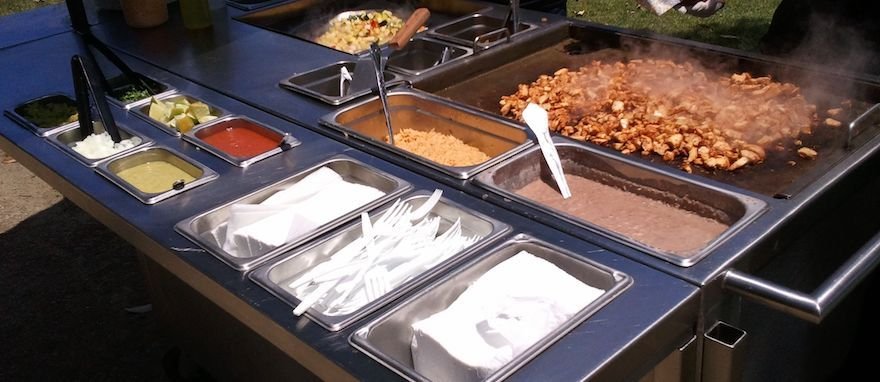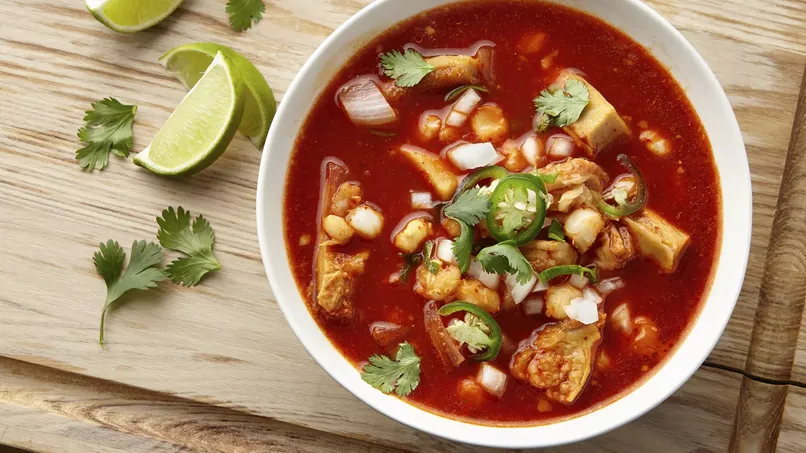Taco Cart: A Flavorful Experience on the Go
Taco carts have become an essential part of street food culture, offering delicious, freshly made tacos in an accessible, mobile setting. Whether you’re at a food festival, a local street corner, or a private event, taco carts provide an authentic and vibrant way to enjoy traditional Mexican cuisine. Let’s explore the world of taco carts, from their appeal to how you can start your own.
What is a Taco Cart?
A taco cart is a mobile food vendor that specializes in serving freshly made tacos. Typically, these carts are smaller and more compact than food trucks, but they serve much of the same purpose: providing delicious, quick food to people on the go. Taco carts usually consist of a cart or stand equipped with cooking equipment like a grill or griddle, storage for ingredients, and a display area for serving tacos.
Taco carts are popular in various settings, from bustling city streets to food festivals and farmers’ markets. They often serve a limited menu of tacos with a variety of fillings and toppings. Whether you’re grabbing a quick bite for lunch or enjoying a late-night snack, taco carts offer a flavorful and authentic food experience.
Key Components of a Taco Cart
A taco cart’s appeal lies in its simplicity and efficiency. Here are the main components that make up a typical taco cart:
- Cart and Setup: A portable cart, usually with wheels, that can be easily moved from one location to another. It’s designed to be compact but functional, making it perfect for street-side service.
- Cooking Equipment: Taco carts usually have a small grill, griddle, or flat-top cooking surface where meats (like carne asada, carnitas, or al pastor) and vegetables are prepared fresh for each order.
- Ingredients and Toppings: Taco carts typically offer a variety of fillings such as seasoned meats, grilled vegetables, and seafood. Along with the fillings, tacos are topped with fresh ingredients like cilantro, onions, salsa, lime, and sometimes cheese or avocado.
- Traditional and Gourmet Options: While traditional tacos are the main offering, many taco carts also experiment with gourmet fillings and unique toppings, providing customers with a variety of flavors to choose from.
Taco Cart vs. Traditional Food Trucks
While taco carts and food trucks share some similarities, there are key differences that set them apart:
- Size and Cost: Taco carts are smaller, more mobile, and generally less expensive to start and operate compared to food trucks. A food truck requires a larger investment in equipment, permits, and maintenance, while taco carts are more cost-effective.
- Flexibility: Taco carts can be set up in a wider range of locations because they are easier to transport. They don’t require a lot of space, making them ideal for smaller streets, festivals, or even private events. Food trucks, on the other hand, may need designated parking areas and more space to operate.
- Experience: The experience of enjoying food from a taco cart tends to be more casual and community-focused. Customers often gather around the cart, engaging with the vendor and other patrons, creating a more personal and lively atmosphere compared to the often more enclosed environment of food trucks.
The Appeal of Taco Carts
Taco carts have a special charm that draws people in, and for good reason:
- Accessibility and Affordability: Taco carts offer a delicious, quick meal at an affordable price, making them accessible to people from all walks of life. Whether you’re grabbing lunch on your lunch break or stopping by for a midnight snack, taco carts provide great value for the price.
- Authenticity and Tradition: For many, taco carts represent an authentic taste of Mexican street food. The use of fresh ingredients, traditional cooking techniques, and the focus on simple but flavorful tacos give people a genuine food experience that’s hard to replicate in restaurants.
- Social Experience: There’s something special about gathering around a taco cart. Whether it’s the energy of a busy street corner or the laid-back vibe of a food market, taco carts create a social atmosphere where people can enjoy great food and connect with others.
The Taco Cart Business: Starting Your Own
If you’re considering starting your own taco cart business, it’s important to understand the steps involved. Here’s how to get started:
- Licensing and Permits: Depending on your location, you’ll need to acquire the proper licenses and permits to operate a food cart. These include food safety certifications, business licenses, and possibly health department inspections. Always check local regulations before starting.
- Equipment and Supplies: A taco cart requires basic cooking equipment such as a grill or griddle, as well as storage for your ingredients. You’ll also need a cart or stand, utensils, and serving materials like napkins and containers. Consider your initial costs and invest in high-quality equipment for better results.
- Cost Considerations: While starting a taco cart is often more affordable than opening a full restaurant or food truck, there are still costs to consider. You’ll need to budget for ingredients, cart maintenance, permits, and marketing. It’s essential to plan financially to ensure your business remains sustainable.
- Marketing and Promotion: Building a loyal customer base is key to success. Utilize social media to announce your cart’s location, special promotions, or new menu items. Participate in local food festivals or events to get exposure and expand your reach.
Popular Taco Cart Locations
- Street Corners: Taco carts are often parked at busy intersections or popular local streets where people are looking for a quick, tasty bite.
- Food Festivals and Markets: Many taco carts operate at food festivals, night markets, or community events, offering delicious tacos to crowds of hungry festival-goers.
- Private Events: Taco carts are a popular choice for catering at private parties, weddings, or corporate events. They add an interactive element to any gathering while serving up fresh and flavorful tacos.
Taco Cart and Cultural Impact
Taco carts are a significant part of Mexican food culture, bringing authentic flavors to communities worldwide. They have helped popularize Mexican street food in various countries, turning tacos into a beloved dish for people of all backgrounds. Over time, taco carts have become synonymous with the laid-back, community-oriented nature of street food, embodying the rich culinary traditions of Mexico.
Customer Experience: What to Expect at a Taco Cart
Visiting a taco cart is an experience in itself. Customers can expect:
- Casual Atmosphere: Taco carts are typically open-air, offering a lively, informal environment where customers can watch their tacos being made.
- Customization: One of the best things about taco carts is the ability to customize your tacos. Choose your protein, toppings, salsa, and other additions to create the perfect taco.
- Delicious Flavors: Taco carts focus on delivering fresh, flavorful tacos made with high-quality ingredients. Whether it’s a traditional al pastor or a more experimental taco, the taste will always be authentic and satisfying.
Conclusion
Taco carts offer a vibrant, authentic, and affordable dining experience that has become an integral part of street food culture. Whether you’re enjoying a quick bite on a busy street corner or hosting a private event, taco carts deliver fresh and flavorful tacos that bring people together. If you’re considering starting your own taco cart, the opportunity to create a successful business while sharing your love for tacos with others is just a few steps away.














Post Comment